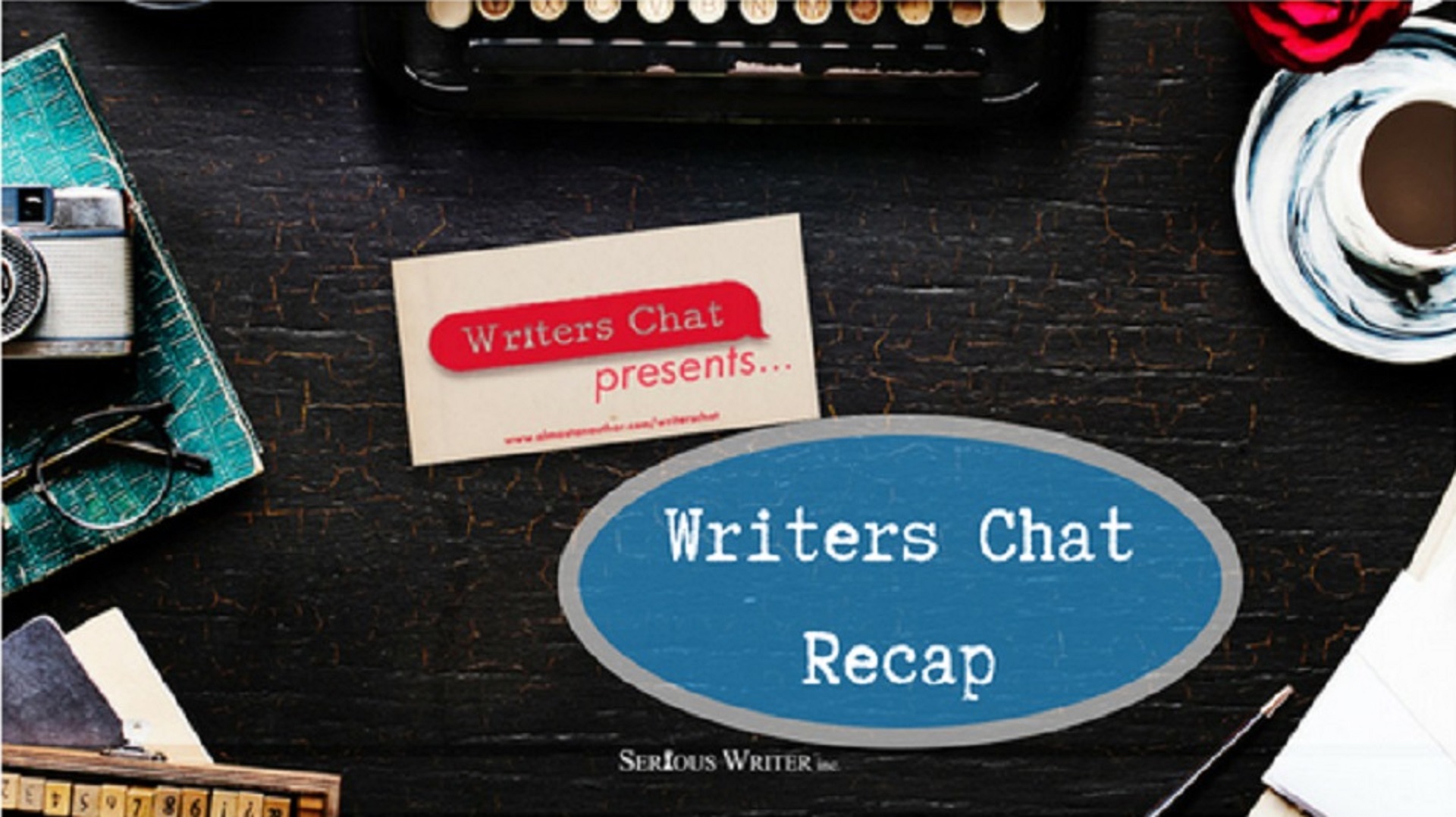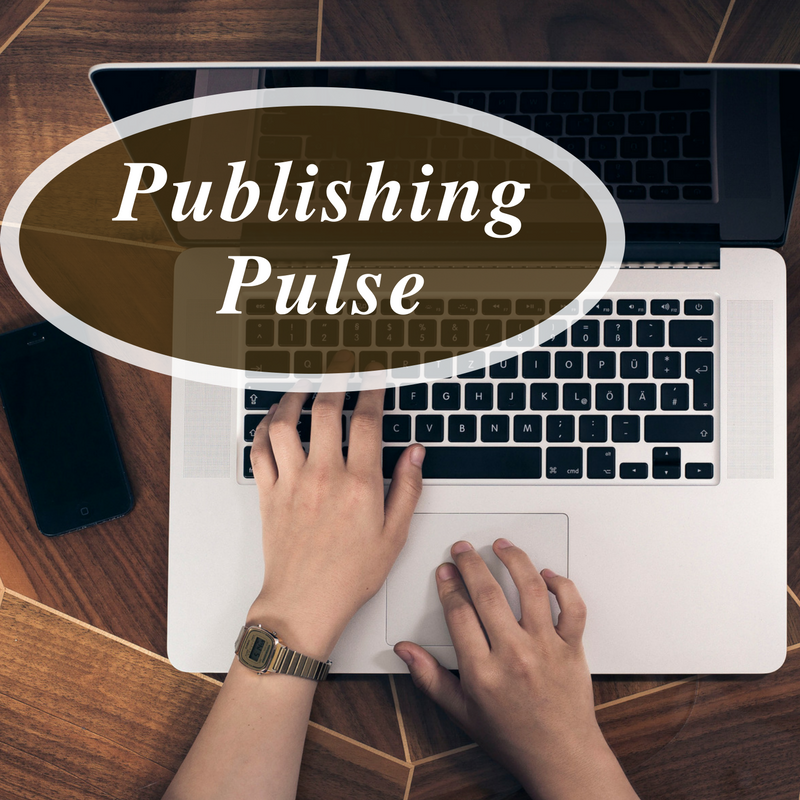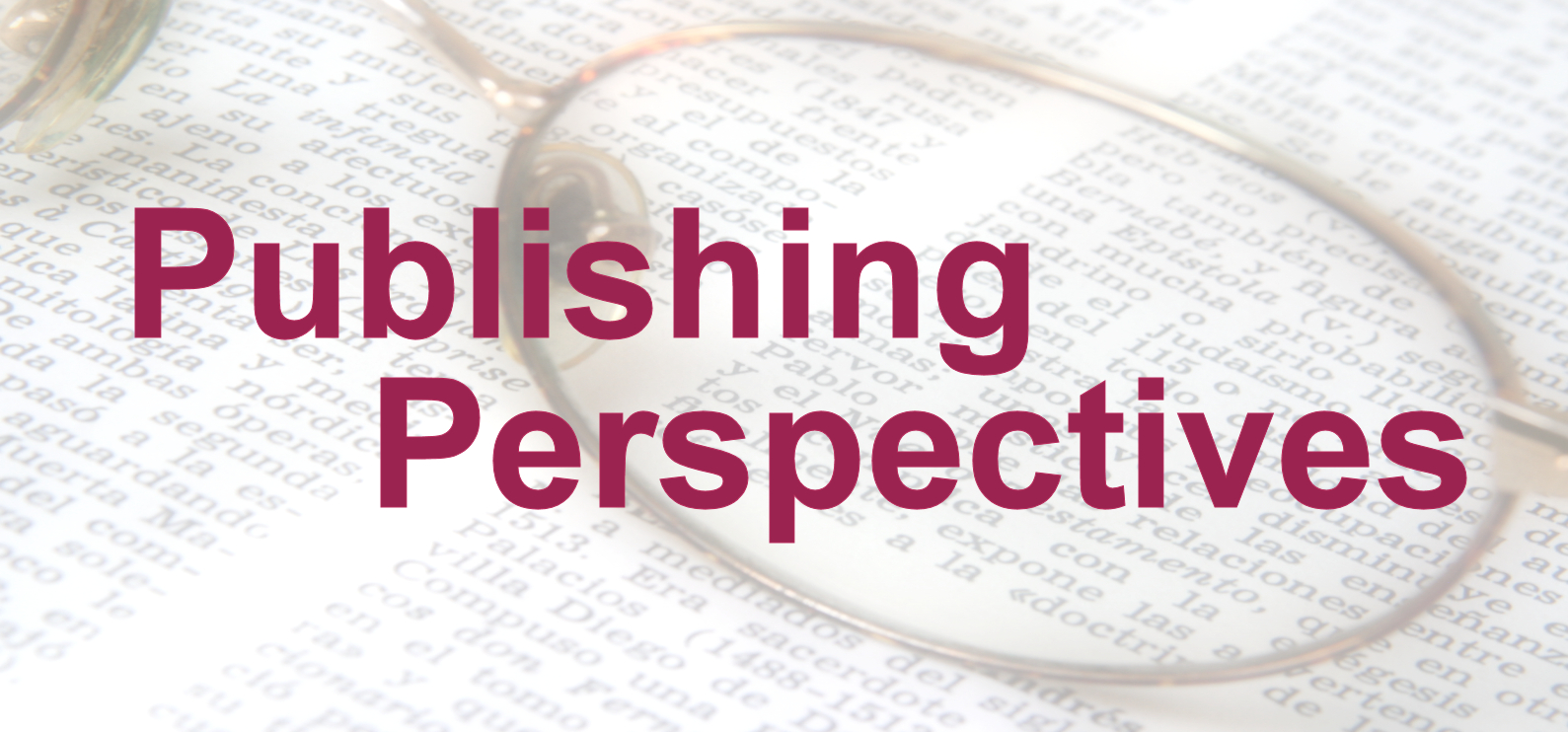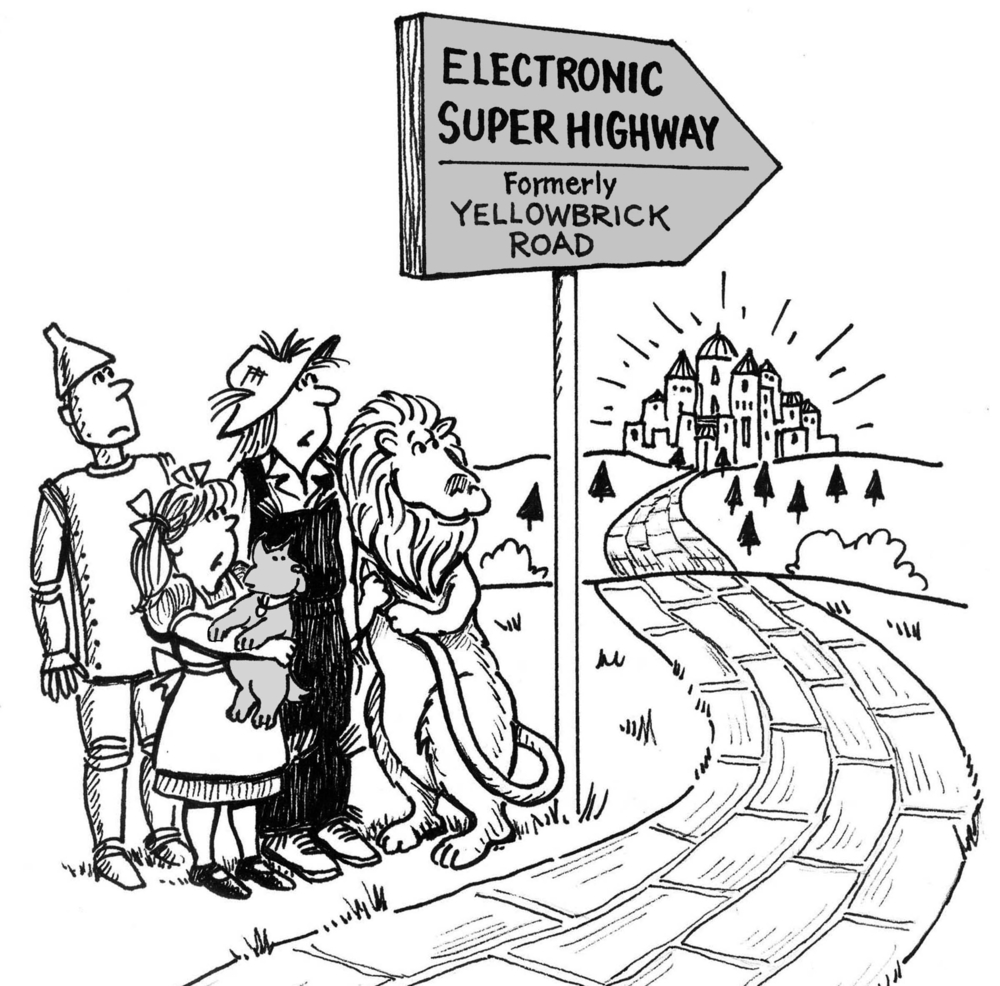
Writers Chat Recap for March Part 2
Writers Chat, hosted by Jean Wise, Johnnie Alexander, and Brandy Brow, is the show where we talk about all…
March 30, 2022
Writers Chat, hosted by Jean Wise, Johnnie Alexander, and Brandy Brow, is the show where we talk about all…
March 30, 2022
Writers Chat, hosted by Jean Wise, Johnnie Alexander, and Brandy Brow, is the show where we talk about all…
March 18, 2022
Writers Chat, hosted by Jean Wise, Johnnie Alexander, and Bethany Jett, is the show where we talk about all…
May 15, 2020
Throughout this series I’ve emphasized one main point—increasing your reach is vital to your writing career. I’ve also shared…
April 12, 2020
Book authors are hearing more and more voices telling them to self-publish and “reap the profits that traditional publishers…
June 12, 2018
The best investment is a good investment, but what is a good investment? One that has lasting personal and…
January 25, 2018
The world of book publishing has been changing rapidly for a few years, and lots of vocabulary is changing…
September 23, 2015
‘You have plenty of courage, I am sure,” answered Oz. “All you need is confidence in yourself. There is…
August 9, 2015
The number of smaller publishers will continue to grow as technology enables more people to complete the tasks involved…
July 20, 2015